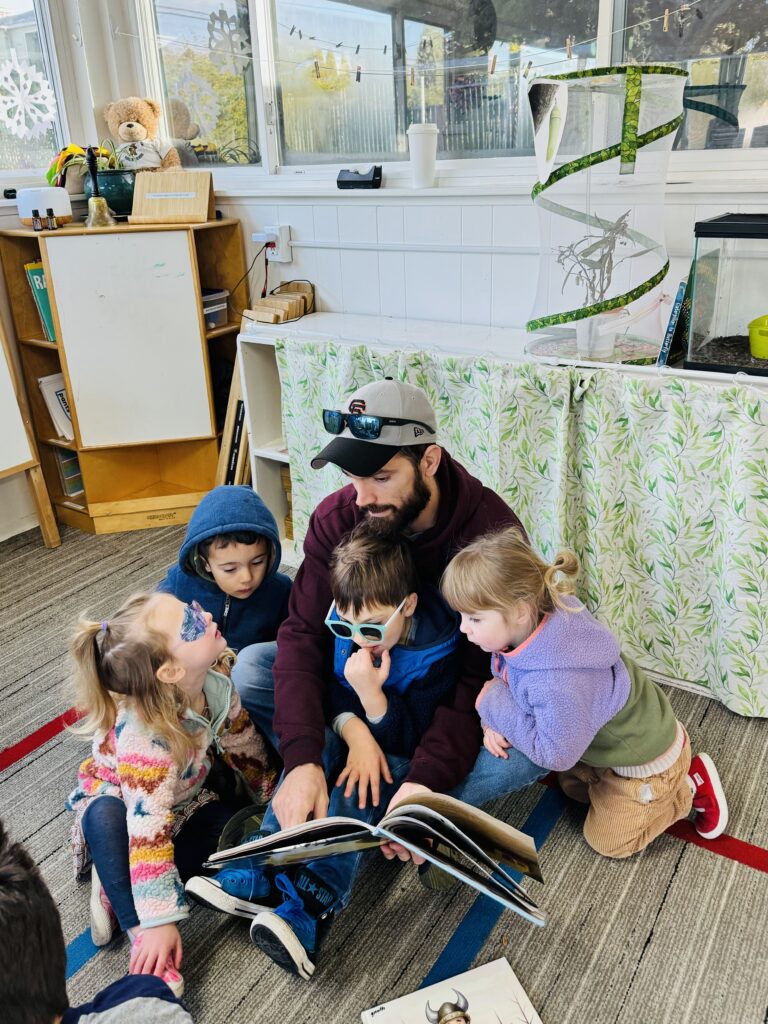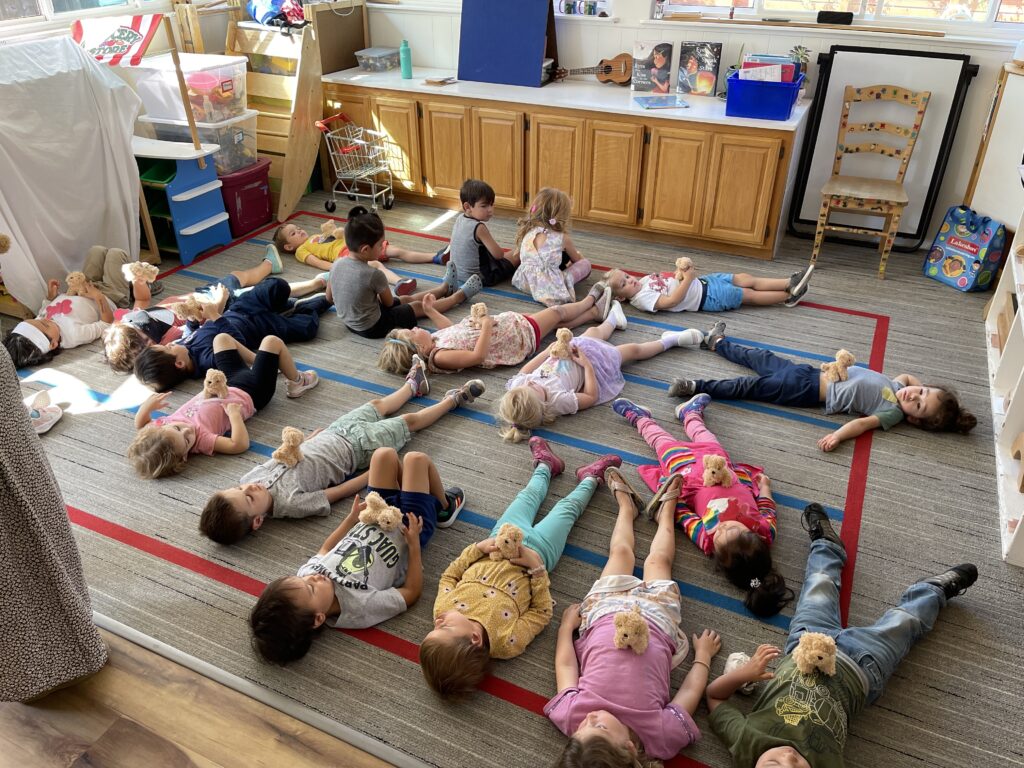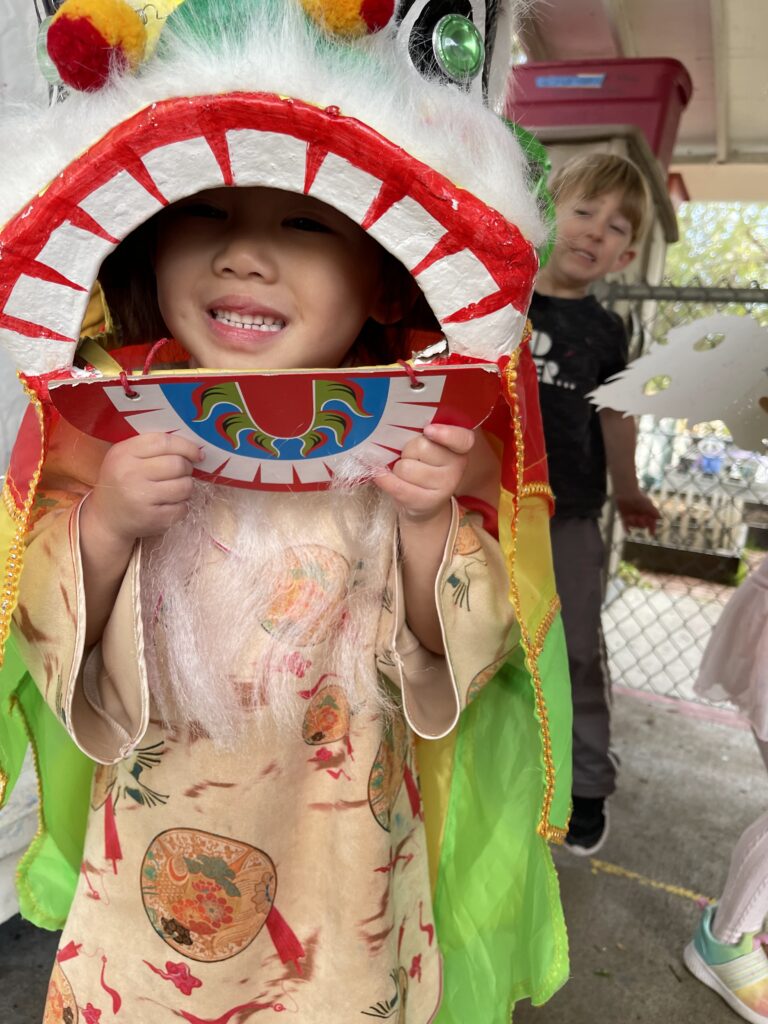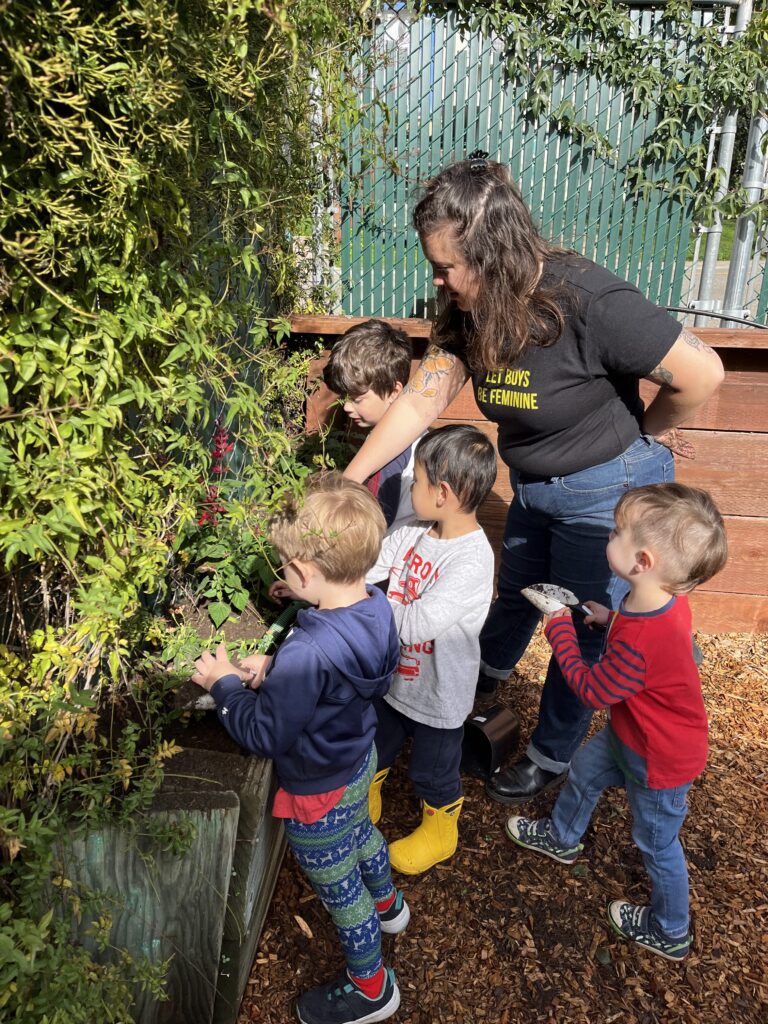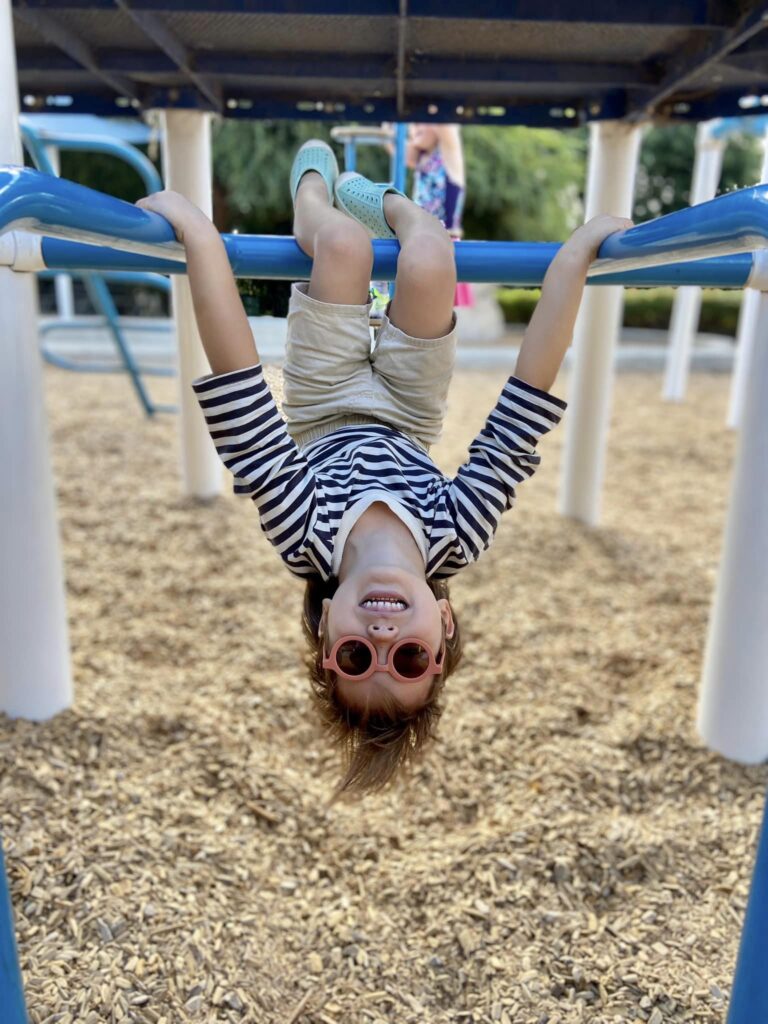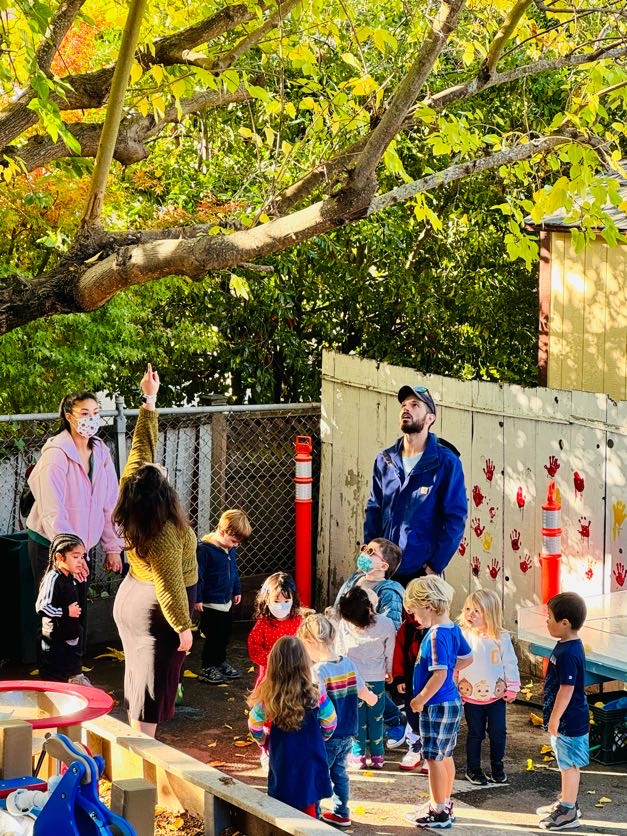TEACHING APPROACH
Our teaching approach involves prioritizing the emotional well-being and social development of each child.
HERE’S AN OUTLINE OF KEY PRINCIPLES AND PRACTICES FOR SUCH AN APPROACH:
Castro Valley Parent Nursery School
Castro Valley Parent Nursery School
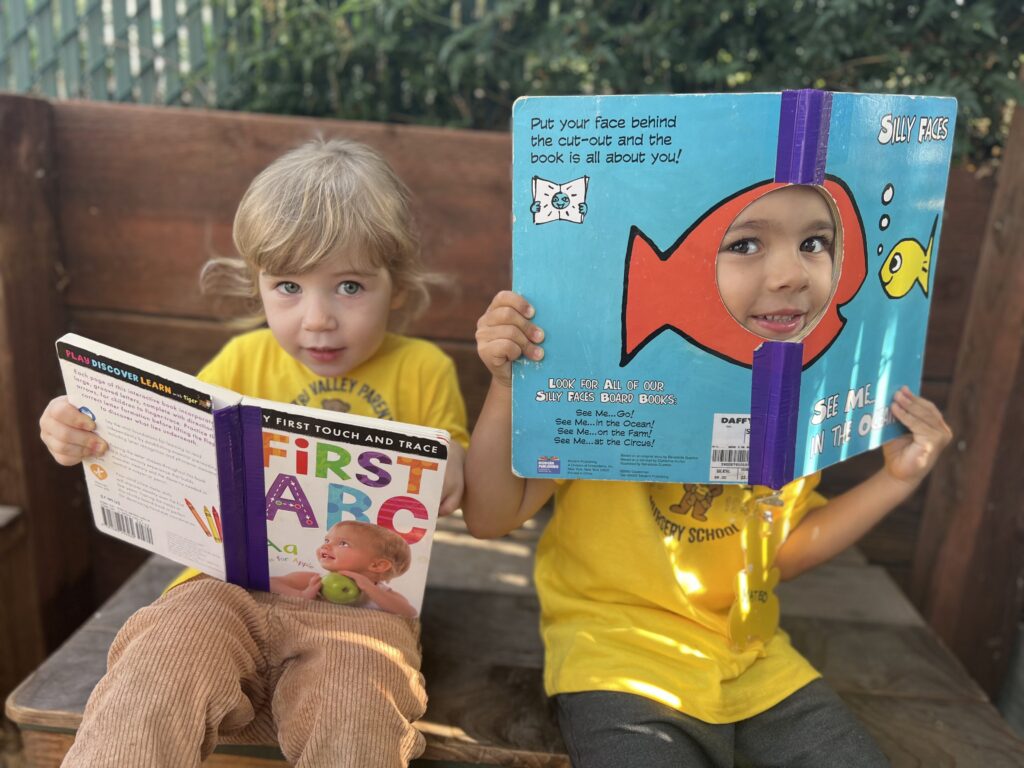
Twice a week, students in both the AM and PM will engage with letter recognition and phonemic awareness during whole group activities. Using the Lively Letters approach, we use structured literacy practices based in the science of reading to build a strong foundation that will lead to reading success and a love for literacy.
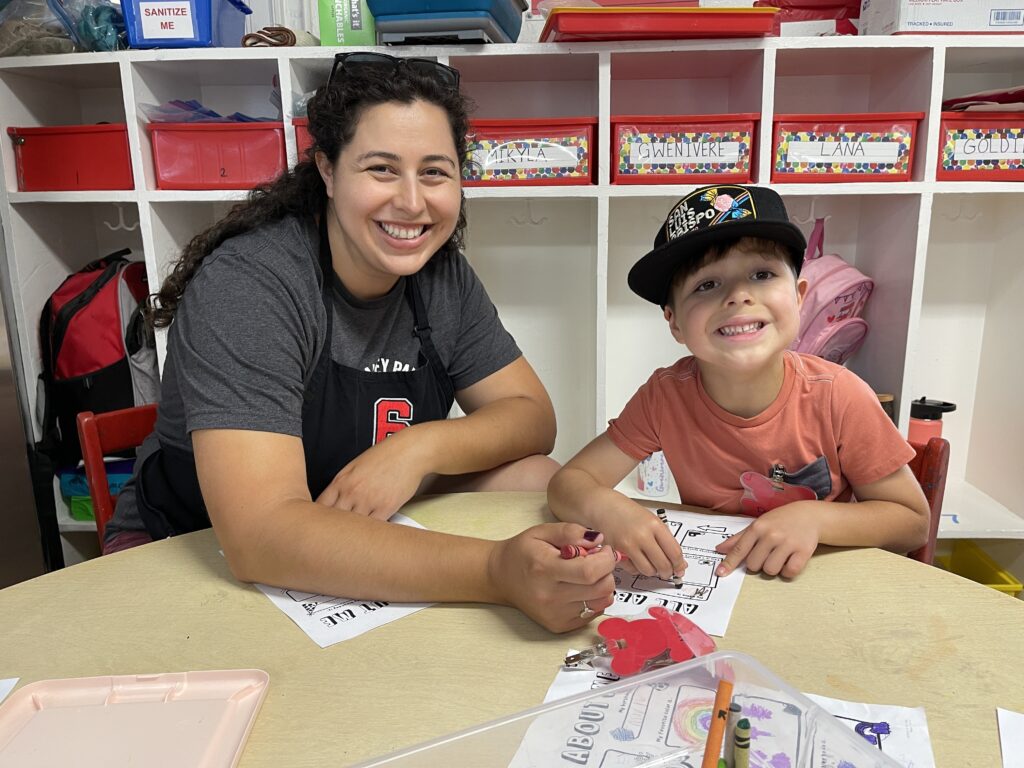
At CVPNS, parents take the lead in crafting engaging art and science projects. This hands-on approach not only enriches our curriculum but also fosters a sense of community involvement. Parents bring their unique skills to create a dynamic learning experience, ensuring every child benefits from a diverse and personalized educational journey.

At the discretion of the director, Our curriculum is built on monthly thematic units. This dynamic approach keeps learning exciting, with each month bringing new themes that captivates and enriches our students' educational experience. Some possible themes are: Oceans & Sea Life, Colors & Emotions, Seasons, Famous Changemakers, Lunar New Year, All about our Families, etc.

